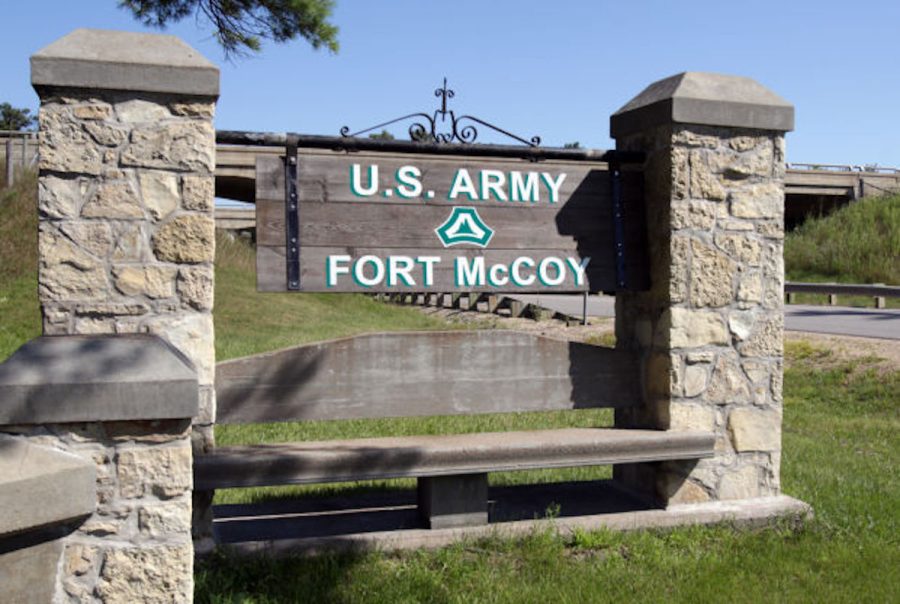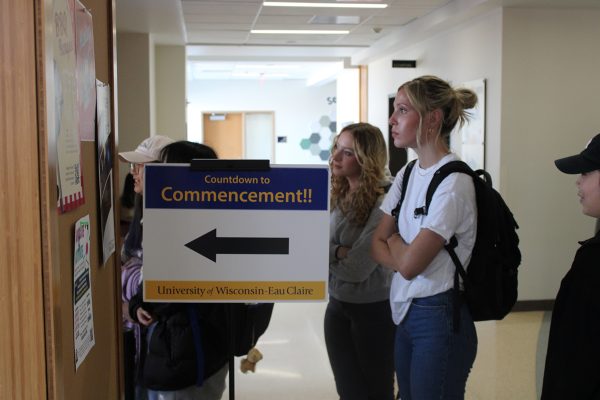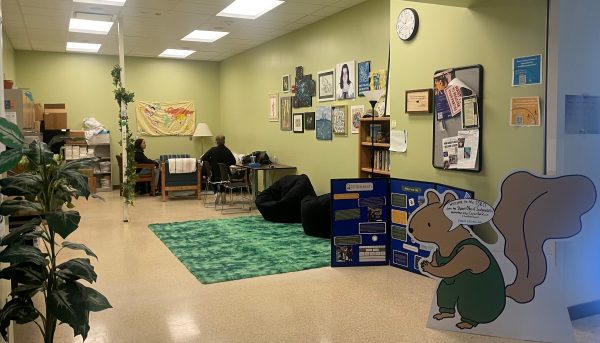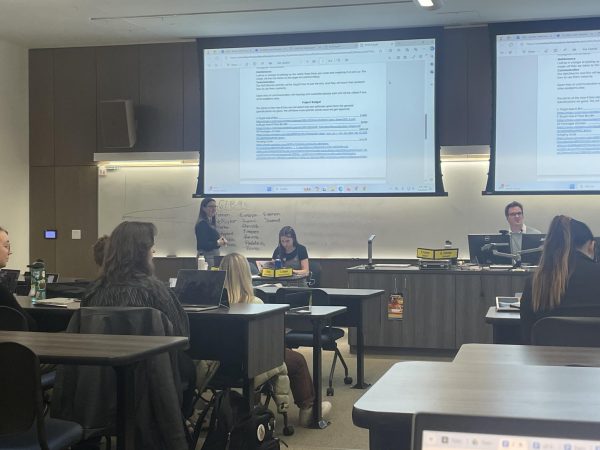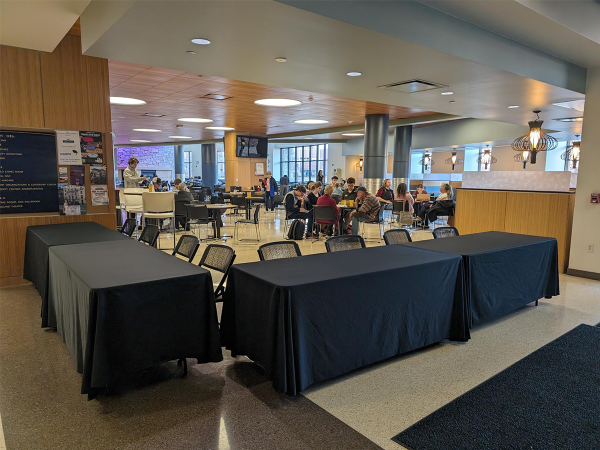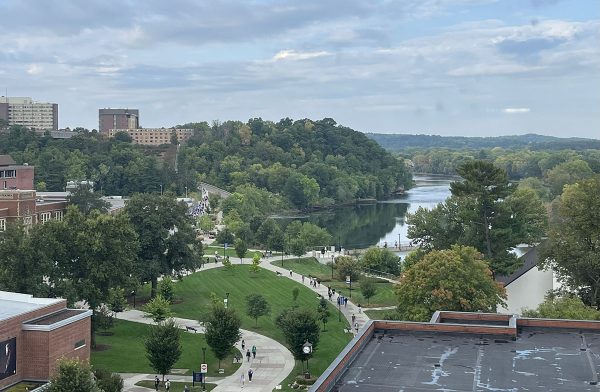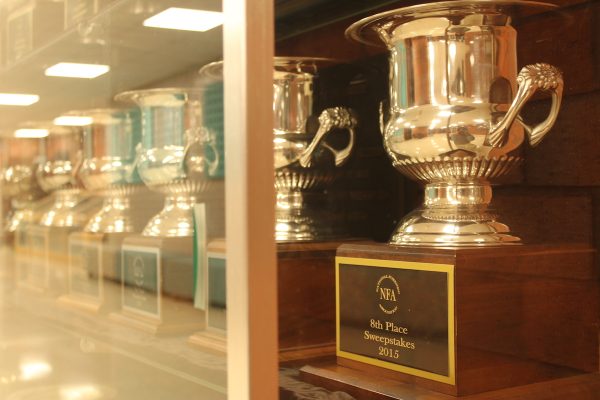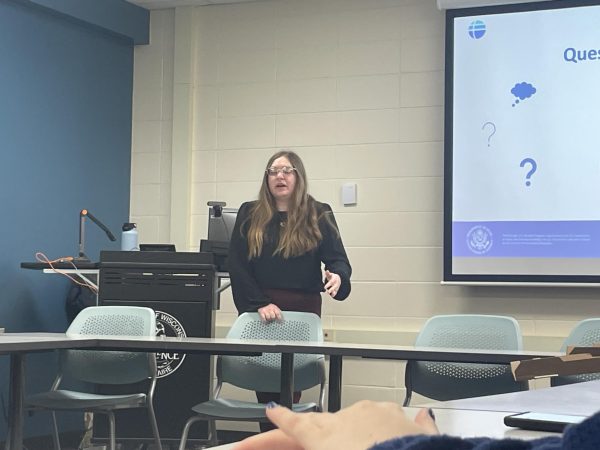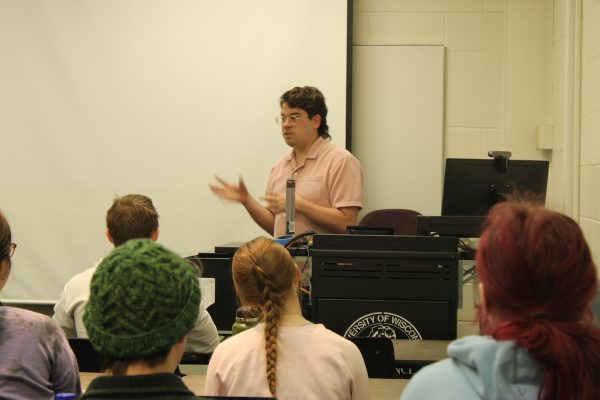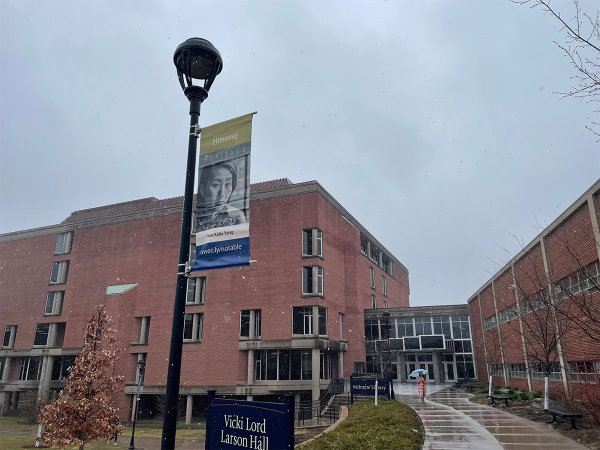Immersion program connects students with Afghan Immigrants
The Immersion experience to the Afghan living community in Western Wisconsin gives students the chance to learn and grow
26 UW-Eau Claire students spent their winter break on a 12-day immersion experience to the Afghan living community at Fort McCoy in Western Wisconsin.
According to the UW-Eau Claire equity, diversity and inclusion website, the immersion experience is one of several offered to students each term including domestic intercultural, international and faculty-led immersion trips.
UW-Eau Claire’s immersion experiences allow students to become more aware of multiple perspectives within the framework of a guided, critically-reflective intercultural experience.
Students on the immersion experience stayed on base for the first week and in a nearby hotel the second while volunteering at the facilities and getting to know the refugees staying at Fort McCoy.
Kaylin Sonen, a fourth-year international business student, heard about the immersion experience through Student Senate and saw it as a unique opportunity.
“It was an affordable opportunity to volunteer in the U.S. and right here in Wisconsin,” she said, “I want to make a positive impact on the world and this is one way I could do that and learn too.”
According to Sonen, volunteers had new assignments and activities each day which gave them new ways to connect with the residents.
“I taught some of the kids how to make friendship bracelets, and they showed me some new ways to make their own,” Sonen said. “We would tell stories or play games and sometimes we used the games to teach each other our respective languages.”
Dr. Kranti Dugar, an assistant professor of marketing, was a faculty leader on the immersion experience to Fort McCoy. He said it was a global experience in your own backyard.
“We look at our immediate surroundings and find needs in the community that need to be filled,” he said. “If we can fill those needs, then why shouldn’t we?”
Dugar encouraged the students to enter the experience with a healthy mindset.
“It can be easy to fall into a Savior Complex,” he said. “We encouraged them to share rather than help, support rather than solve their problems and learn rather than teach.”
Dugar assisted students with their volunteer assignments and made connections with the residents through arts, crafts and sports. He even brought a cricket set to play with the children.
“It is a game I grew up with and I knew it had become popular in Afghanistan,” he said. “Their eyes lit up like, ‘This is a game I know how to play’ and they loved it.”
While connecting with the residents, students encountered many of the traumas the Afghan people have lived through, according to Sonen.
“There was a lot I learned about and heard about that was very hard to hear,” Sonen said. “There were a lot of serious conversations.”
According to Dugar, students kept their humility through trauma and adversity.
“I am very proud of them. This is why we teach and do what we do as a community. Our students are inspiring others to learn and grow,” he said. “Trauma is a process that doesn’t end with one good day. The Afghan people still need our continued support.”
Other upcoming immersion experiences include the Civil Rights Pilgrimage across the Southern U.S. and the Water Protectors of Wisconsin experience across Native American reservations in Wisconsin.
Mohr can be reached at [email protected].
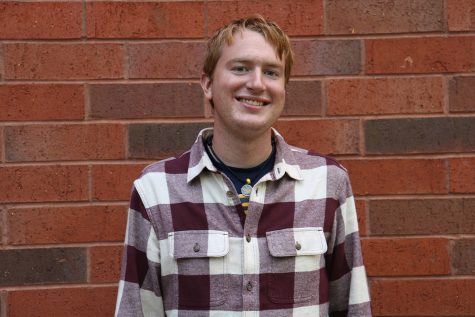
Toby Mohr is a third-year journalism and political science student. This is his fourth semester on The Spectator. He enjoys playing tennis, reading a book and writing for fun.

